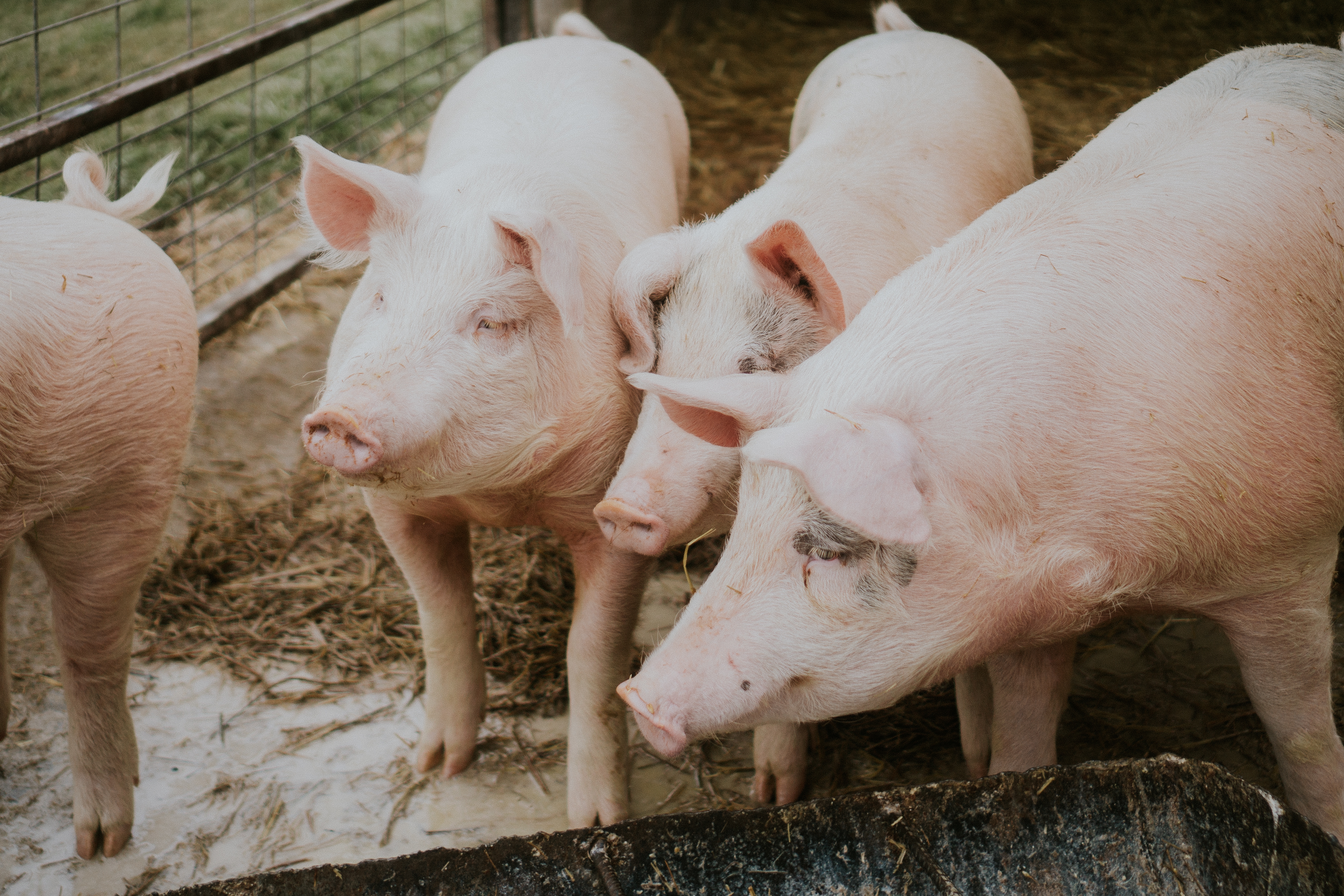986

Although backyard pig farming remains a traditional practice in Romania, veterinary authorities and pork industry specialists are raising serious concerns about the inherent risks of this system in the context of the ongoing spread of African Swine Fever (ASF), which continues to affect the national territory.
In a recent edition of the television program “Modern Agriculture”, veterinarian Adrian Balaban, president of the Romanian Pork Producers Association (APCPR), emphasized the need for a pragmatic and tailored approach to disease control—one that avoids blanket bans but focuses instead on individual biosecurity and traceability in each non-commercial holding.
“We cannot talk about eradication without compliance with the rules in every household. This is where the role of local and contracted veterinarians is vital—fieldwork is essential. Households are sensitive points, and a lack of compliance can jeopardize the entire national sanitary strategy,” said Dr. Balaban.
Epidemiological situation: over 300 active outbreaks
According to data from the National Sanitary Veterinary and Food Safety Authority (ANSVSA) as of July 2025, more than 300 ASF outbreaks were active in Romania, most of them in non-commercial holdings. The virus spreads primarily through: direct contact with infected animals, contaminated food (scraps, leftovers), uncleaned equipment, and uncontrolled movement of pigs between households.
APCPR reports that over 70% of the cases in the past year originated in individual backyard farms, where minimum biosecurity measures—such as buffer zones, disinfection protocols, dedicated equipment, or entry/exit quarantine—are not applied.
Illegal trade – a major transmission vector
Another critical issue identified by experts is the illegal trade of pigs by intermediaries or so-called "middlemen," who bypass all sanitary and veterinary controls.
“These traders follow no protocols. They spread the disease from one village to another, lower prices just to make the sale, and then wash their hands of it. We need firm legislative intervention—with real penalties and confiscations where flagrant breaches of regulations occur,” warns Balaban.
Proposed technical solutions:
- Mandatory implementation of a basic set of biosecurity rules in all backyard holdings: enclosed shelters, controlled access, disinfection procedures, dedicated equipment, and a ban on feeding with food waste.
- Minimum traceability for animal movements – by notifying the local veterinarian and using tools such as a movement register and official transport documents (FIȚA).
- Awareness campaigns supported by ANSVSA, county-level DSVSA offices, and local administrations.
- Financial incentives and training programs for backyard farmers interested in organizing into legal production entities (sole proprietorship, cooperative, or commercial company).
Legality and responsibility in marketing
Under current Romanian legislation, raising pigs for personal consumption is allowed, but the sale of pork or live animals is prohibited without proper legal registration. Commercializing live pigs or pork products is permitted only under authorized veterinary and fiscal conditions, as set forth by national laws (Law 205/2004 on animal protection, and Government Ordinance 42/2004 on the organization of veterinary and food safety activities).
Conclusion: Biosecurity is not optional
Backyard pig farming remains an economic and cultural reality in many regions of Romania. However, it can no longer operate outside a framework of rules. African Swine Fever is a threat that will not disappear on its own, and the continuation of informal practices and illegal trade will only prolong the veterinary crisis—at great cost to the entire pork industry, from farmers to consumers.
(Photo: Freepik)





